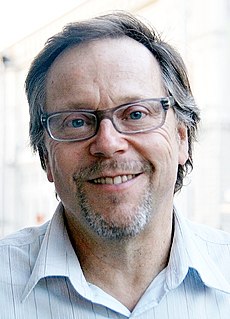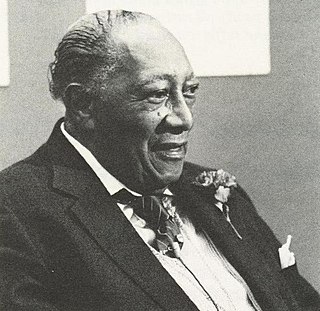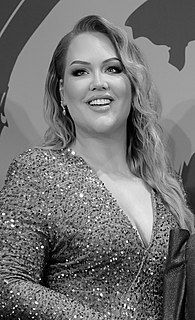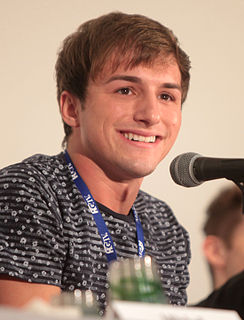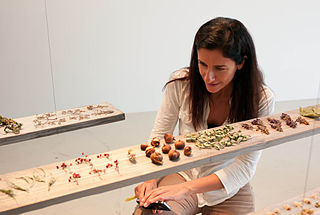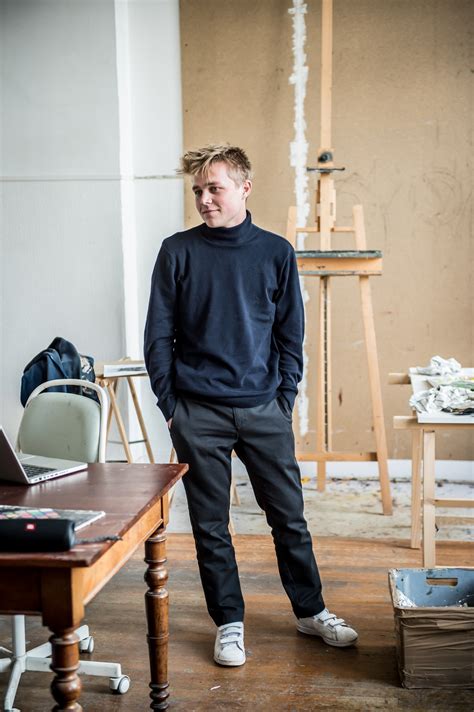A Quote by John Sexton
And then as I frequently do, some times I'll peek out from underneath the focusing cloth and just look around the edges of the frame that I'm not seeing, see if there's something that should be adjusted in terms of changing the camera position.
Related Quotes
In the theater, you're so much more in charge as an actor. For better or for worse, you know what the audience is seeing. But you can be acting your socks off on film, and then you see the movie, and the camera is on the other actor, or they've cut out the lines you thought were significant, or they've adjusted the plot. So much of it is out of your control.
There in front of me was the Senator on the floor being held by the busboy. There was nobody else around, and I made my first frame, and I forgot to focus the camera. The second frame was a little more in focus... then just for a second, while everything was open, the busboy looked up, and he had this look in his eye. I made that picture, and then suddenly the whole situation closed in again. And it became bedlam.(On the 1968 shooting of U.S. presidential candidate Bobby Kennedy.)
If you're into writing and making people laugh, or just want to video blog something, you should get a simple digital video camera. And all computers now come with an easy video editing software program. Just mess around with that for a little bit, try to figure it out, then just put stuff online and have fun. Never give up!
Some good leaders are rough around the edges and some leaders are difficult. Some have difficult personalities and some are really nice to be around, but those are not the qualifications. The qualifications are their desire to see us achieve more, their desire to push us to be the best we can be. Not for their selfish gain, but because they believe that we have something to offer.
He was beastly tired, but it was hard to stop. One more book, he had told himself, then I'll stop. One more folio, just one more. One more page, then I'll go up and rest and get a bite to eat. But there was always another page after that one, and another after that, and another book waiting underneath the pile. I'll just take a quick peek to see what this one is about, he'd think, and before he knew he would be halfway through it.
After I discovered my degree in photojournalism would only get me a job in a camera store, I taught myself lighting. I read tons of magazines and books and studied the photos trying to figure out how they were done. I bought some flash equipment and played around until I figured out how to make a subject look as I envisioned it should look.




